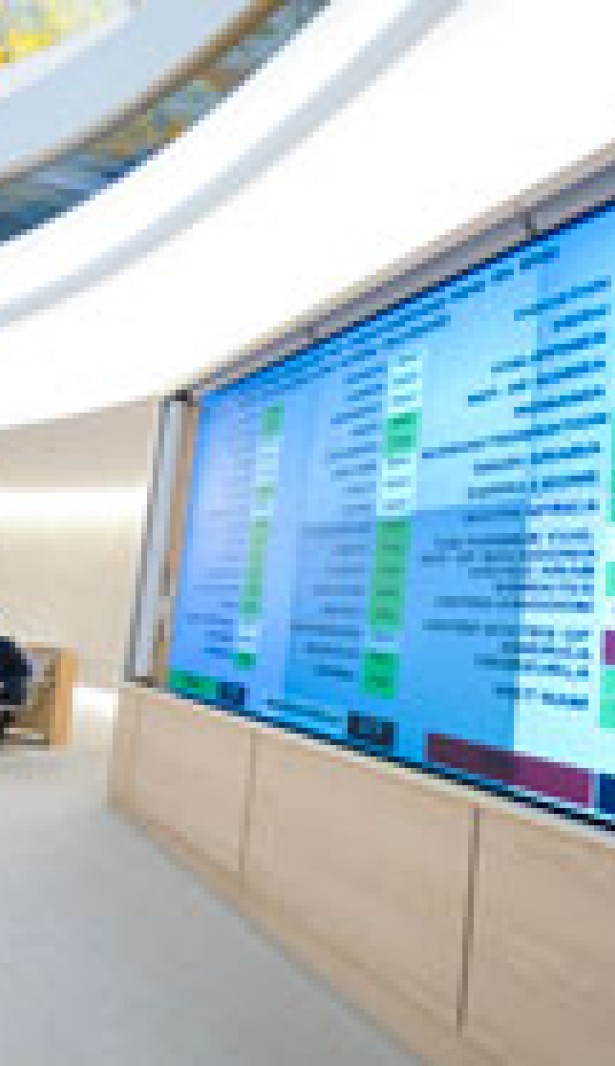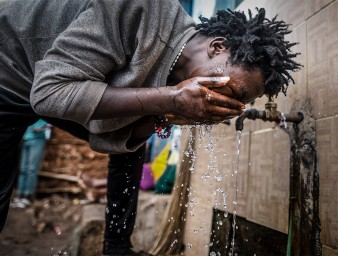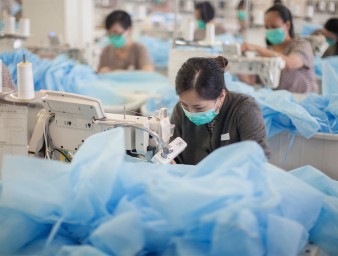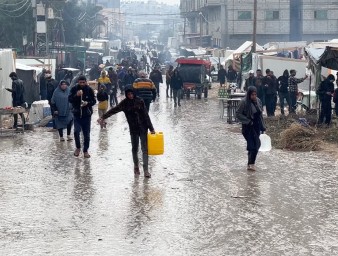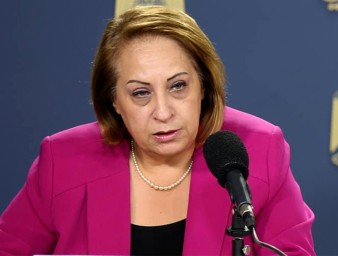An independent, international commission of inquiry to investigate the conflict in the occupied Palestinian territories
24 July 2014
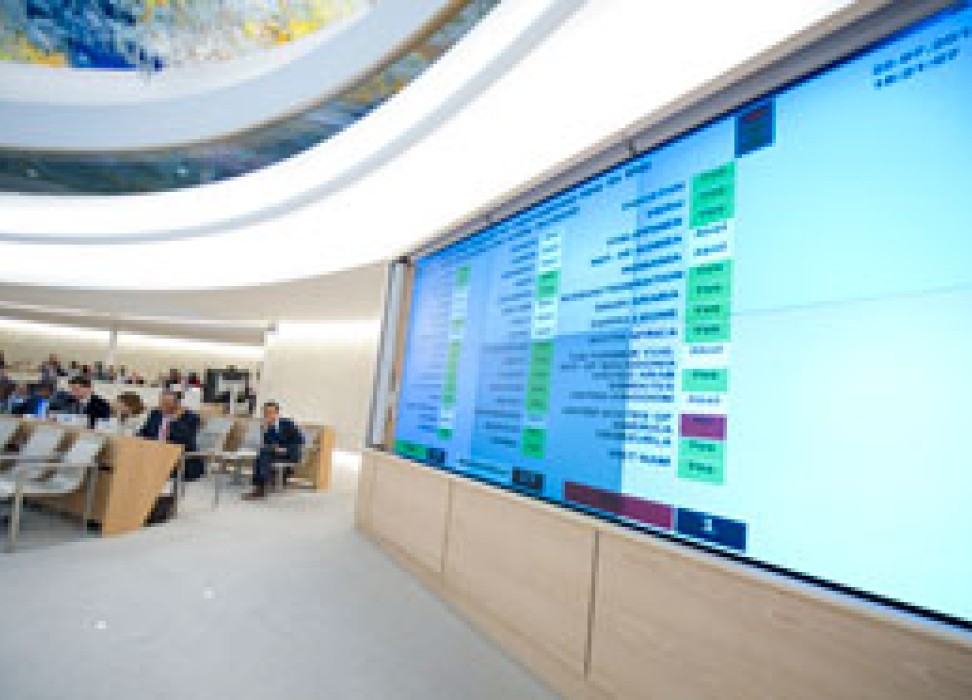
The UN Human Rights Council met in Special Session following the launch of the Israeli military operation, “Protective Edge”, directed at Gaza. In the two weeks since, more than 600 Palestinians, including at least 147 children have been killed in the intensive bombardment from the air, land and sea. The UN estimates of those killed, more than 70 percent have been civilians.
Speaking at the Special Session, UN High Commissioner for Human Rights Navi Pillay, cited these figures and also described the destruction of hundreds of homes and other civilian buildings.
Pillay also condemned the indiscriminate firing of rockets by Hamas and other armed groups and the location of military assets in densely populated areas. Two Israeli civilians have died, 27 Israeli soldiers have been killed during the military operations and between 17 and 32 others have been injured, she said.
However, Pillay said international law is clear: “the actions of one party do not absolve the other party of the need to respect its obligations under international law.”
“Civilian homes are not legitimate targets,” Pillay said, “unless they are being used for, or contribute to, military purposes at the time in question.”
The High Commissioner was unequivocal that civilians should not be targeted. “It is imperative that Israel, Hamas and all Palestinian armed groups strictly abide by applicable norms of international humanitarian law and international human rights law.” Citing examples where it appeared civilian homes had been targeted; Pillay said there is “a strong possibility that international humanitarian law has been violated, in a manner that could amount to war crimes.”
The resolution passed by the Human Rights Council establishes an international commission to investigate all violations of international humanitarian law and international human rights law in the Occupied Palestinian Territory, including East Jerusalem, and the occupied Gaza Strip in the context of military operations conducted since mid June. The inquiry will establish the facts and circumstances of any violations and identify those responsible. The resolution says the purpose of the investigation is to end impunity, ensure those responsible are held accountable and to assist in the protection of civilians.
Kyung-wha Kang, the Assistant Secretary-General of the UN Office for the Coordination of Humanitarian Affairs, in her address to the Council, drew attention to the attacks on medical facilities and staff, “such action is completely unacceptable and is a flagrant violation of international law,” she said.
Kang described the “terror and trauma” of civilians who are given warnings to leave their homes but have no safe place to go. She pointed out that 44 percent of Gaza has been declared a “no-go zone” by the Israeli army.
While negotiations for a ceasefire proceed, Kang said, there must be a pause in the conflict to allow aid workers to reach people desperate for help. Humanitarian workers must be permitted, she said, to mount search and rescue operations, to assist in repair of essential infrastructure, to assist the wounded and retrieve bodies.
Lance Bartholomeusz, the Acting Director of Legal Affairs from the UN Relief and Works Agency for Palestine Refugees (UNRWA), describing a devastating human and physical toll on Gazan civilians, said by late 22 July, 118,000 Palestinians had sought refuge in 77 of the Agency’s schools. That is six percent of the Gazan population.
“It is evident to those of us on the ground that the situation of the population of Gaza and of Palestine refugees in Gaza has become completely unsustainable,” he said, pointing to unemployment rates of 65 percent for young people and 80 percent for women.
Pillay too, referred to the “crippling effects of the Israeli blockade”, a situation where there is very little water to be had, fuel and medicines are in critically short supply and electricity is reduced to a few hours a day. The High Commissioner reiterated her call for the blockade to be lifted once and for all.
The independent experts appointed by the Human Rights Council to address specific human rights concerns and particular situations in a number of countries, the Special Procedures as they are known, were also represented at the Special Session.
The Special Rapporteur on the situation of human rights in the Palestinian territories occupied since 1967, Makarim Wibisono speaking on behalf of the Coordination Committee of the Special Procedures urged regard for international law and called for prompt, independent investigations of alleged breaches.
“In Israel and Palestine, the politics of conflict, peace and security are constantly leading to the downgrading, or setting aside, of the importance of binding international human rights law and international humanitarian law. International law is not negotiable. No individual or state can be considered exempt, if they violate the law,” Pillay said.
Describing the conflict as “dreadful and interminable”, the High Commissioner asked, ”What must we finally do to move beyond a ceasefire that will inevitably be broken again in two or three years?” The answer, or at least a first step, Pillay said, is accountability, “ensuring that the cycle of human rights violations and impunity is brought to an end.”
The independent, international commission of inquiry will report to the Council at its 28th session in March 2015.
24 July 2014
